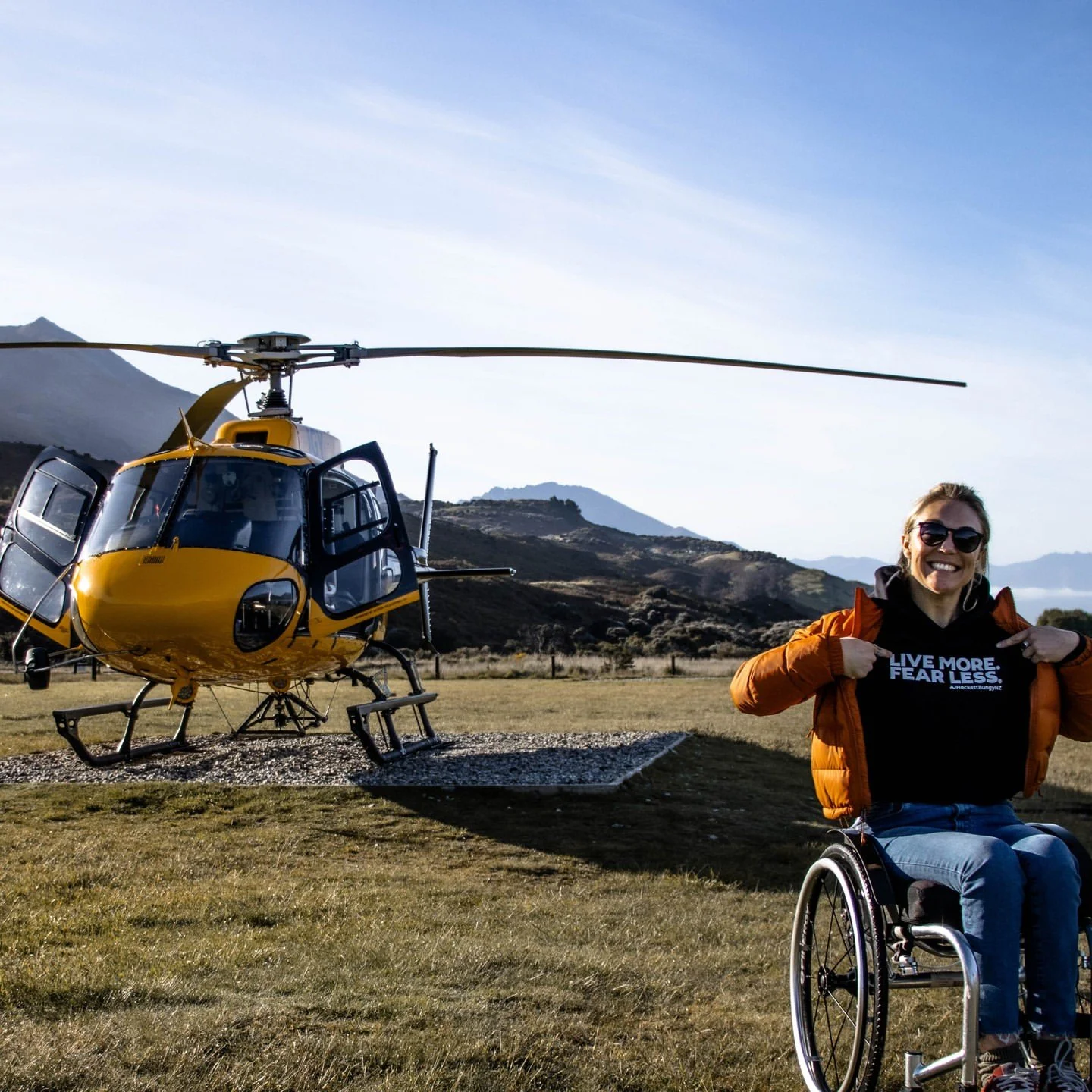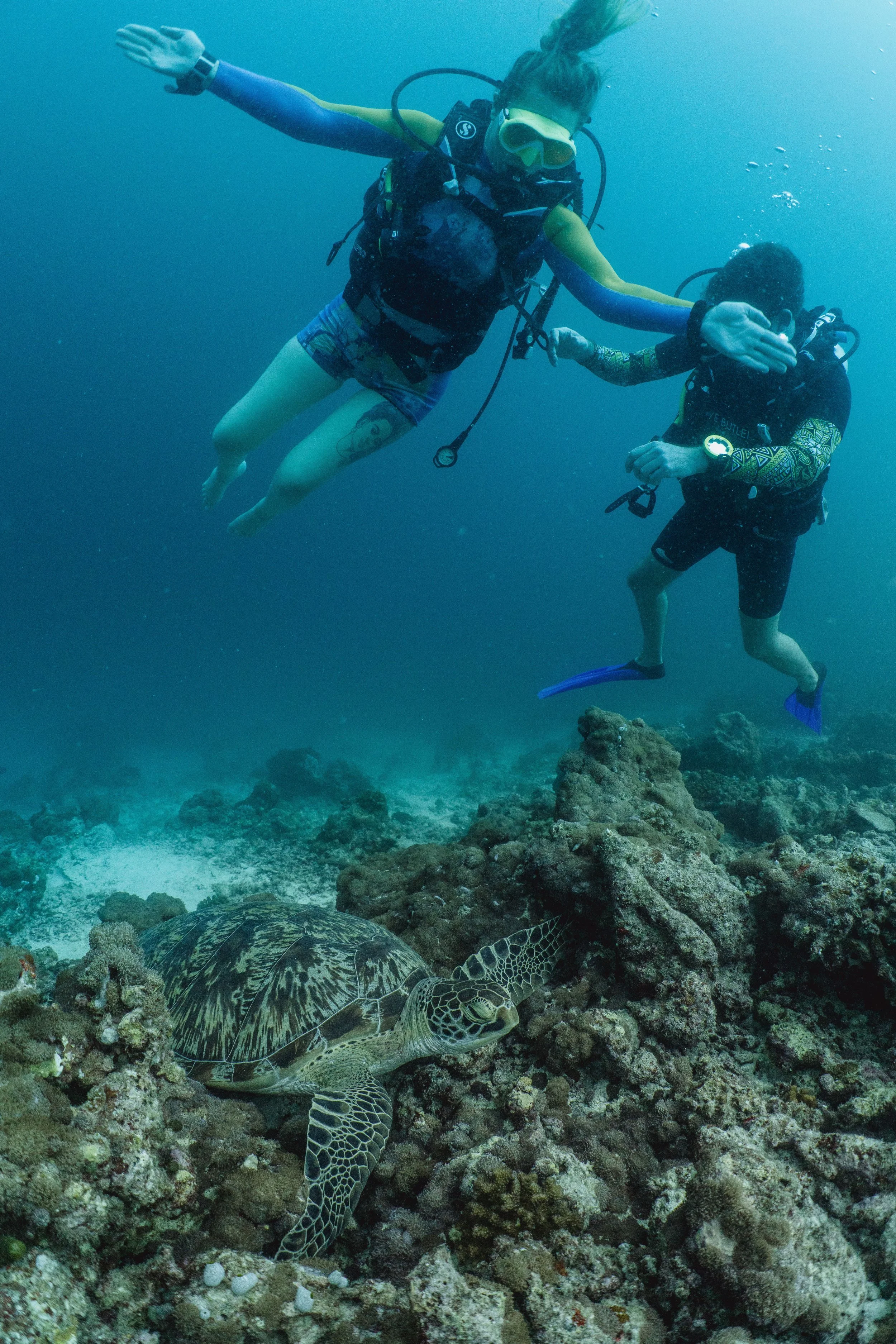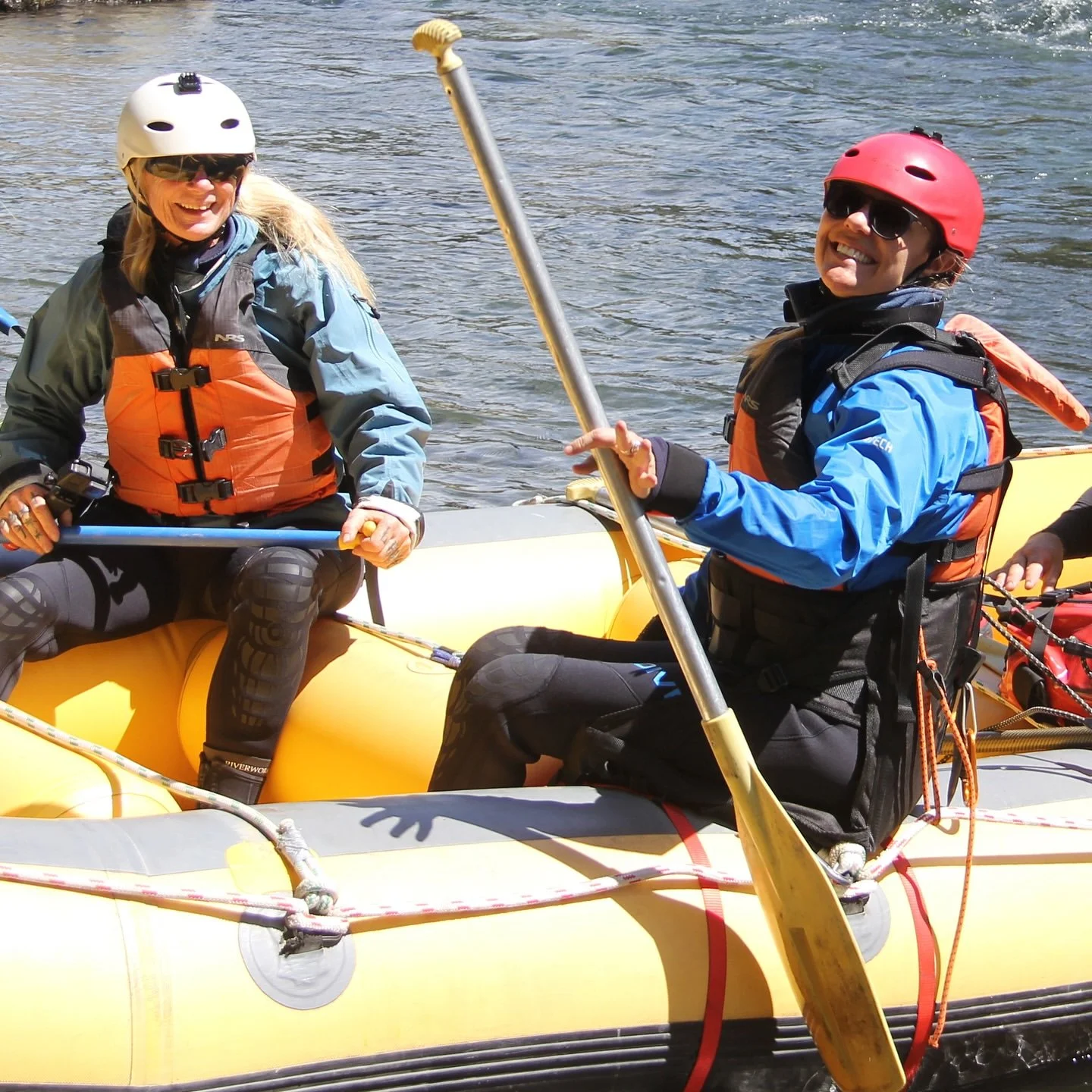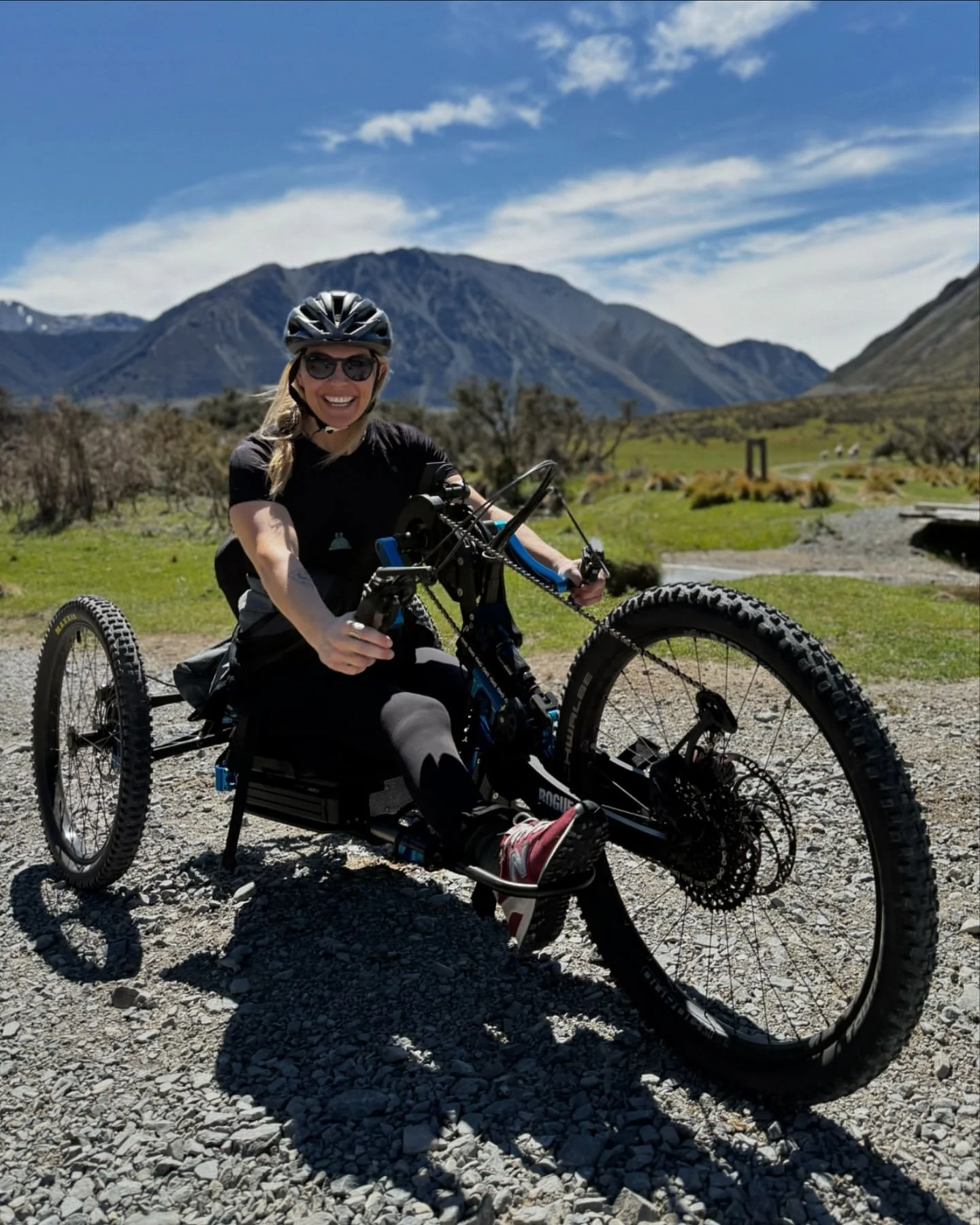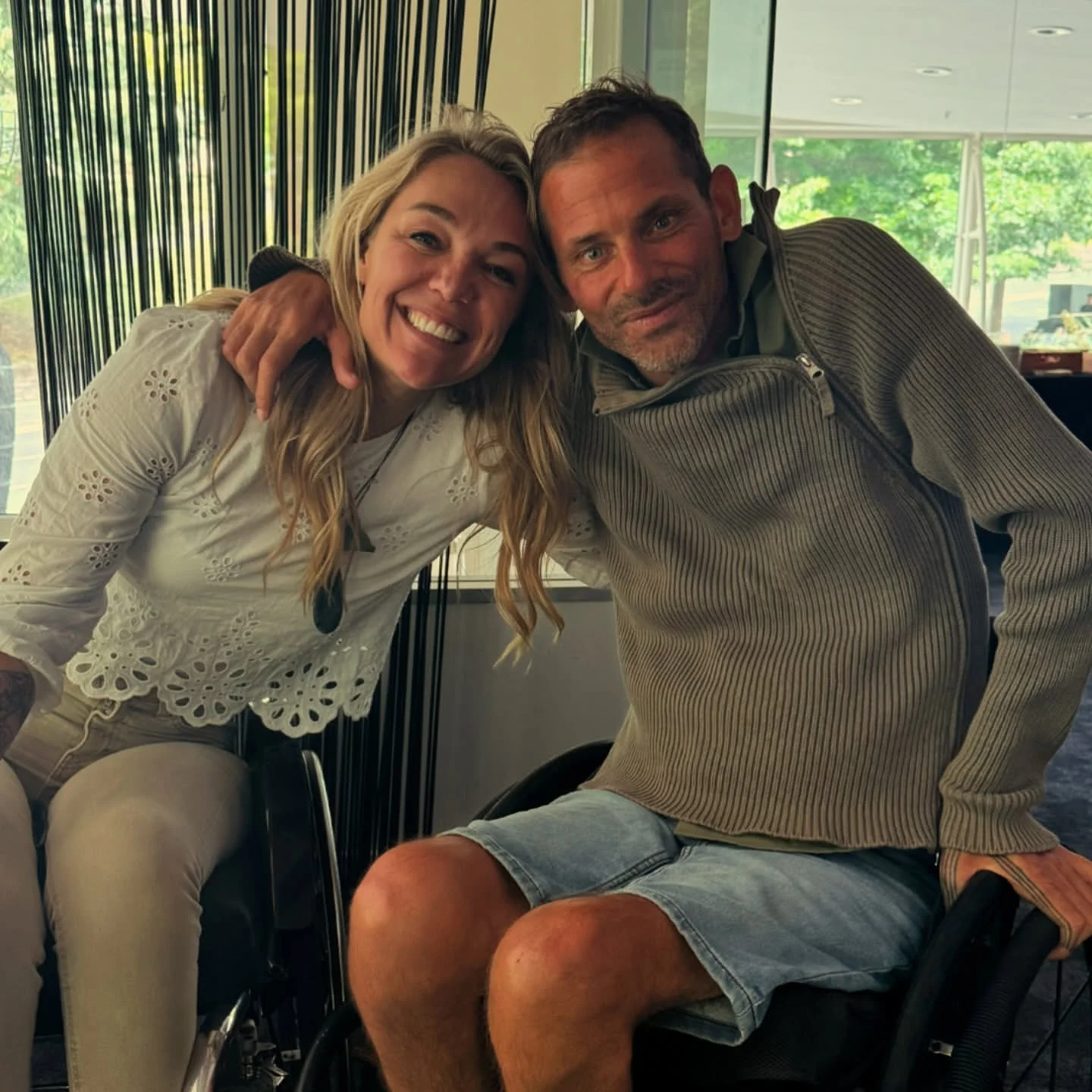Redefining Adventure: Insights on Creating Inclusive Travel Experiences
“Disability is not a barrier to adventure - it’s an invitation to create new paths.”
In a recent conversation with Sophie Morgan, renowned disability campaigner, wheelchair user, travel writer, broadcaster and proud The Conscious Travel Foundation mentor, we discussed how the travel industry can use its creativity and resourcefulness to make every travel experience extraordinary—for every traveller, no matter their needs or requirements. Sophie shared insights from her recent adventure New Zealand, organised by Ahipara Luxury Travel, with expert support from wheelchair user and ex-senior adventure guide Jezza Williams, now CEO of The Makingtrax Foundation. Together, they worked to identify and overcome barriers, from physical accessibility to attitudinal biases, in order to meet Sophie’s brief of a spiritual and adventure-packed itinerary. Sophie also reflected on her PADI certification at Amilla Maldives, alongside TCTF member Alexis Vincent, owner of Dive Butler. They talked about not making assumptions, to shift from designing for people to designing with people, ensuring that travel experiences truly reflect the wishes of those who embark on them.
In this post, we’re excited to share some powerful insights from that inspiring session
From Accessibility to Inclusion
When designing travel experiences, it’s essential to understand the difference between accessible and inclusive design, because as Sophie says, the word ‘accessible’ is subjective. While accessible design ensures that anyone, regardless of their abilities, can engage with a destination, service, or product, inclusive design takes it a step further. It actively considers the diverse backgrounds, needs, and perspectives of all travellers, creating experiences that are not just usable, but welcoming and meaningful.
Adopt an Open Mindset
“Attitude is everything. If you approach each situation with an open mind and truly listen to the needs of the individual, solutions will present themselves.” This mindset is crucial when creating inclusive travel experiences. As Alexis from Dive Butler shared, adaptability and a willingness to find solutions were key to Sophie’s life-changing scuba diving experience.
No Silly Questions
When it comes to designing inclusive travel experiences, there are no silly questions. Don’t hesitate to ask the details, just as you would with any client. Sophie reminded us that most disabled travellers are happy and fully expect to have to communicate their requirements.
“Nothing About Us, Without Us”
When designing travel experiences, collaborate with experts with lived experience, whose specialised knowledge is invaluable. The Ahipara team highlighted how working with Jezza was instrumental in identifying solutions and adapting activities to include them on Sophie’s itinerary—from pack rafting and cycling, to bungee jumping! Reach out to inclusive travel experts like TCTF member, Richard Thompson, who bring a wealth of experience.
Verify Accessibility Claims
Many accommodations and experiences claim to be accessible, but the reality often falls short. Don’t trust what you see online—do your research and verify accessibility on the ground. As Cara from Ahipara Travel explained, many places initially considered for Sophie’s trip were advertised as accessible, but subsequently revealed significant barriers —like steps or gravel—upon closer inspection. Always pick up the phone, or make a visit. Dig deeper and verify.
RAISE AWARENESS
There’s a misconception that few people want these kinds of trips, but that’s simply not true—they’re just unaware that they’re possible. Promoting inclusive travel is just as important as developing it. As Sophie highlights, the disabled community has a powerful word-of-mouth impact. She shared an interesting insight: while the average traveller may tell five people about a great experience, the average disabled traveller will tell fifty. As Jezza says, “nobody knows, nobody goes”.
As the travel industry evolves, fostering inclusivity requires an ongoing commitment to learning, collaboration, and empathy. When we design with everyone in mind, we create richer, more engaging, and more equitable experiences—making travel accessible and enjoyable for all.
Thank you to Sophie Morgan and all of our speakers—Karen and Jean-Michel Jefferson, co-founders of Ahipara Luxury Travel; Cara Christie from Ahipara Luxury Travel; Jezza Williams, CEO of The Makingtrax Foundation; and Alexis Vincent, Managing Director of Dive Butler—for generously sharing their invaluable insights.
To watch a video of the highlights from Sophie’s journey through New Zealand, click here
For those interested in joining The Conscious Travel Foundation to access future sessions, resources, and connect with our network of experts, please visit our website or get in touch at info@theconscioustravelfoundation.com

